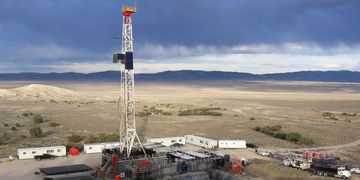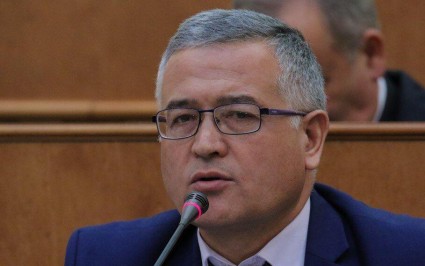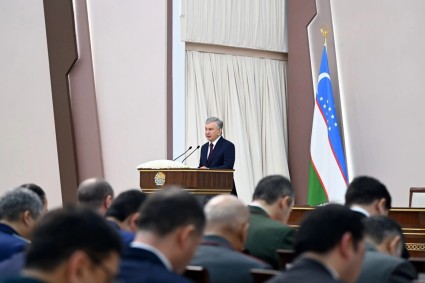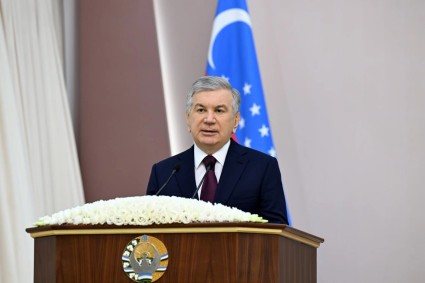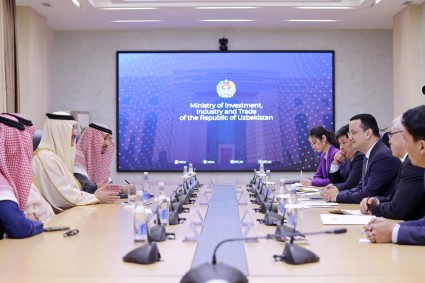The Ministry of Finance has developed draft amendments to the Tax Code. The draft is aimed at the implementation of the president’s Measures to further stimulate geological exploration and improve the taxation of subsoil users Decree.
The draft provides for amendments to the Tax Code, in particular:
1. Section XVIII. The subsoil use tax is set out in a new edition and provides for the improvement of the procedure for calculating the subsoil use tax. Moreover, on the part:
a) the object of taxation, the procedure for determining the volume of the extracted (produced) mineral is being clarified;
b) for all types of minerals (with the exception of hydrocarbons and metals), the procedure for determining the tax base based on the weighted average selling price is to be preserved.
For hydrocarbons and metals, the specifics of the procedure for determining the tax base are being introduced. While, for certain types of metals, it is proposed to use the prices of the London Bullion Market Association (LBMA) and the London Metal Exchange (LME) when determining the tax base.
At the same time, it is proposed to determine the tax base:
- in the processing of produced natural gas and (or) oil - based on the selling price of products obtained from these minerals minus the costs incurred by the taxpayer for their primary processing, processing and transportation.
- for gold, silver, platinum, palladium, copper, zinc, lead and molybdenum, quoted on the London Precious Metals Market Association and the London Metal Exchange - based on the arithmetic average exchange price;
- for the rest of metals - based on the weighted average selling price of this mineral, and during its processing (enrichment), processing and (or) transportation minus these costs;
c) tax rates are unified and grouped, and tax rates have been reduced for certain types of minerals. A decrease in tax rates will allow, in terms of production, to ensure the development of deposits with a low content of minerals and increase their profitability, the Ministry of Finance notes.
In addition, it is proposed to introduce a special rental tax on the extraction of minerals for legal entities engaged in the extraction (extraction) of hydrocarbons, precious, non-ferrous and radioactive metals, rare and rare earth elements.
The introduction of a tax on rental income, combined with low tax rates for the use of subsurface resources, will allow investors to recover all capital expenditures and the required return on investment (without using high tax rates at the start of production). At the same time, the rental income is determined within the framework of the extraction (production) of metals or hydrocarbons that have undergone primary processing (primary commercial processing, ore dressing) and are suitable for sale, the report says.
In addition, enterprises with foreign investments that pay a special rental tax on mining will be granted the right to keep tax records for taxation in US dollars.
The project also provides for a reduction in the tax rates for the use of subsoil for oil and natural gas to 10% (now - 20% and 30%, respectively), gold and copper - up to 7% (10%), tungsten - up to 2.7% (10, 4%), uranium - up to 8% (10%) and other metals.
At the same time, for enterprises with a state share producing hydrocarbons, precious, non-ferrous, rare and radioactive metals, as well as within the framework of production sharing agreements (unless a different procedure is provided for by agreements and treaties that entered into force before September 1), the president may establish increased tax rates for the use of subsoil.
In addition, it is planned to exempt new oil and gas wells from property tax for legal entities in the first two years, starting from the month of their commissioning, in the next three years - the application of the property tax rate for legal entities, reduced by 50% of the established tax rate.
Discussion of the draft will last until November 12.

